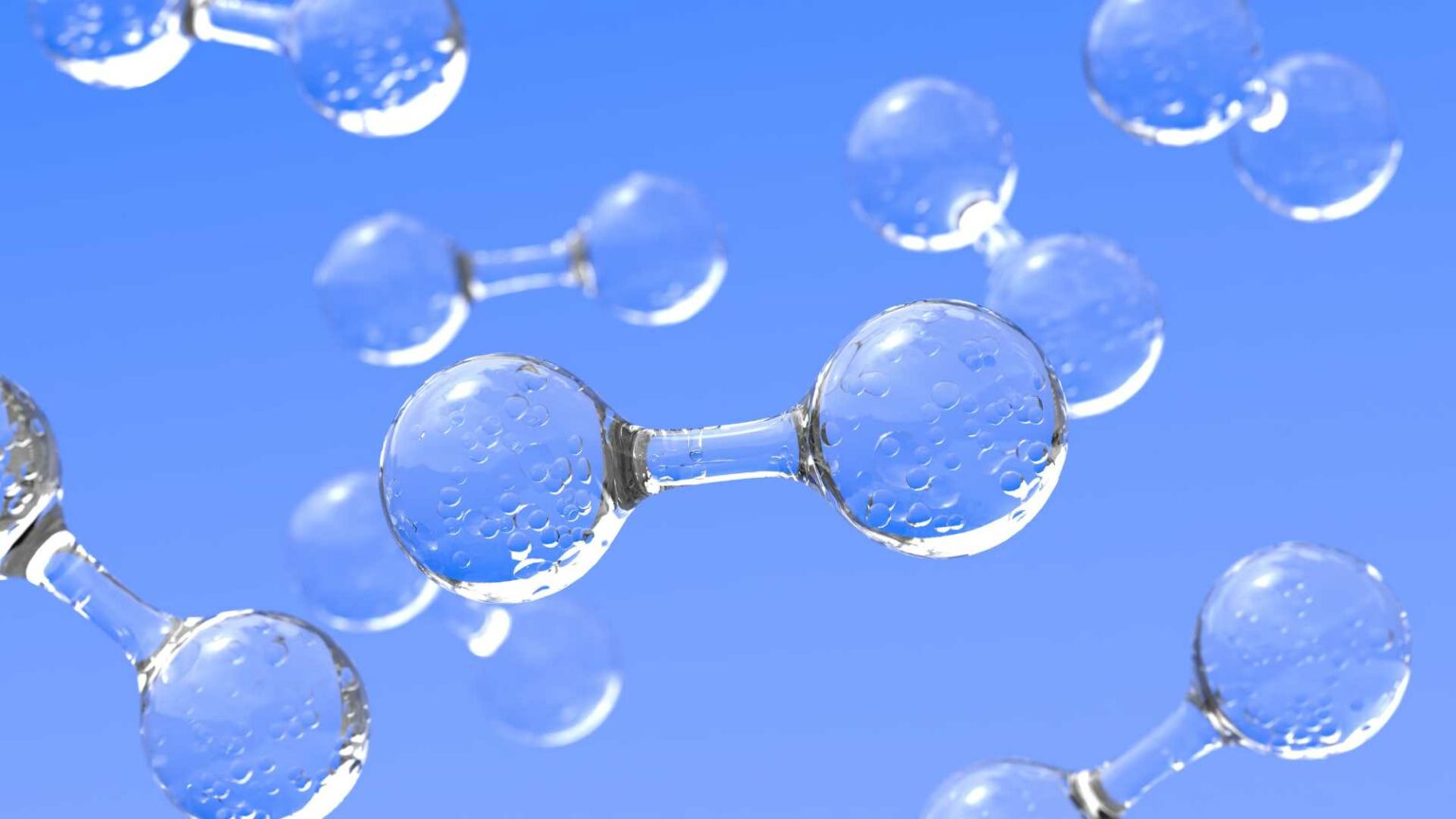In a groundbreaking study published in the International Journal of Hydrogen Energy, a research team led by Behbood Abedi and colleagues has unveiled a novel containment strategy for subsurface hydrogen storage based on time-dependent soft solids.
This study represents a significant stride in advancing hydrogen storage technology, a critical component in the emerging hydrogen economy.
Hydrogen is increasingly recognized as a pivotal element in the transition towards sustainable energy systems. Efficient and safe storage solutions are essential to use hydrogen at scale, particularly in applications demanding substantial resources, such as transportation and large-scale energy storage. The ability to store hydrogen underground securely can address logistics and storage challenges, making it a vital aspect of the hydrogen infrastructure.
The paper presents an innovative strategy for hydrogen containment utilizing time-dependent soft solids. These materials exhibit unique properties, such as self-healing capabilities and stress relaxation over time, which enhance their suitability for being used as barriers in subsurface storage environments. The research indicates that integrating these materials can significantly mitigate risks associated with hydrogen leakage, thus ensuring stable and secure storage.
Potential Applications
The primary application of this research is in the field of subsurface hydrogen storage. The development of effective containment methods could enable large-scale underground hydrogen storage facilities, promoting seamless integration of hydrogen into the broader energy grid. This method can also be beneficial in geological formations, where traditional containment mechanisms may fall short.
Technical Details and Methodologies
The research utilized a multidisciplinary approach, combining material science and geological engineering. Time-dependent soft solids were thoroughly analyzed under various conditions to test their behavior and effectiveness in sealing potential leak paths. These tests included long-term stress relaxation experiments and assessments of self-healing properties, which are crucial for maintaining integrity over extended periods.
